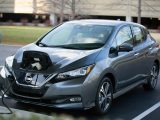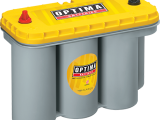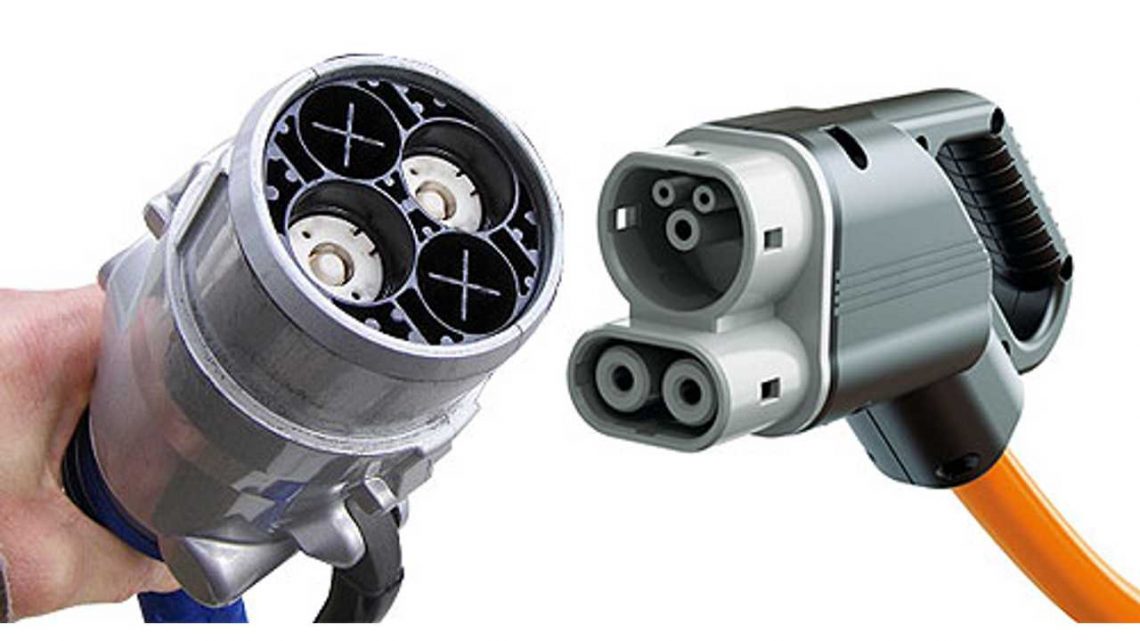
CHADEMO VS CCS – How to choose the best adapter for your Tesla.
May 13, 2021Disclosure: This is a professional review blog. Bear in mind that some of the links in this post are affiliate links and if you go through them to make a purchase I will earn a commission. Keep in mind that I link these companies and their products because of their quality and not because of the commission I receive from your purchases. All of the products are tested thoroughly and high grades are received only by the best ones. I am an independent blogger and the reviews are done based on my own opinions.
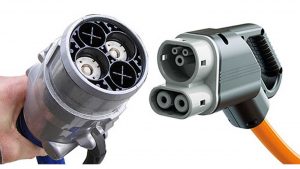 Although Tesla has a well-developed, proprietary supercharging network, there are two types of non-proprietary DC fast charging connectors that are also used to supplement the charging network. The SAE Combined Charging System (CCS) and CHarge de MOve CHAdeMO), the trademark name for a DC charging standard.
Although Tesla has a well-developed, proprietary supercharging network, there are two types of non-proprietary DC fast charging connectors that are also used to supplement the charging network. The SAE Combined Charging System (CCS) and CHarge de MOve CHAdeMO), the trademark name for a DC charging standard.
All other EV cars are equipped with either a CCS or a CHadeMO charging port, based on manufacturers’ preference. CCS allows AC/DC charging through the same port while CHadeMO has a separate port for AC charging. When it comes to the availability of charging stations, there are more CCS outlets compared to CHadeMO outlets. Hence this is a very important feature you should consider when picking your preferred charging port.
CCS OVERVIEW
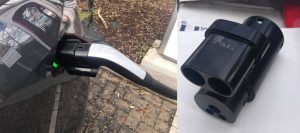 The Combined Charging System (CCS) adapter is the most common charging standard for European fast charging. It is able to support Tesla Model S, Model Y, Model X, and Model 3. Model 3 is readily equipped with a CCS port so no adapter is needed. At max charge rate, The CCS charge can do up to 120kW or 400-500km. The adapter can deliver up to 200 amps and a peak delivery of 43kW.
The Combined Charging System (CCS) adapter is the most common charging standard for European fast charging. It is able to support Tesla Model S, Model Y, Model X, and Model 3. Model 3 is readily equipped with a CCS port so no adapter is needed. At max charge rate, The CCS charge can do up to 120kW or 400-500km. The adapter can deliver up to 200 amps and a peak delivery of 43kW.
PROS
If you are to consider acquiring the CCS adapter, this is what you should know:
- A charging current of 200A
- An operating voltage of 100-1000Vdc
- The operating temperature ranges from -30 degrees to +50 degrees
- The storage temperatures range from -40 degrees to +85 degrees
- It has an enclosure rating of IP54.
CONS
According to various platforms, Some users have experienced some issues while they are using the CCS adapters, and here is what we know so far:
- For DC fast charging, CCS has too many failings. It is capable of “frying” your car if incorrectly used.
- The difference between Europe CCS and USA CCS means if you buy a Europe based CCS for use in the USA it’s not gonna work since it is has a different standard and different incompatible connector.
- It can’t accept higher voltages like 350kW.
- It has a poor unappealing design which some users may not find attractive.
- The CCS charging stations are sometimes prone to failure hence may prove a little difficult in areas where Supercharger stations are not readily available.
CHADEMO OVERVIEW
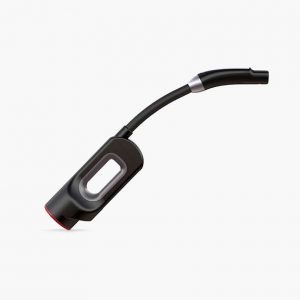 CHAdeMO is the trade name of a fast charging method for battery electric vehicles like Tesla. It can charge a low range EV car (120km or 75mi) in less than an hour. The CHAdeMO adapter allows up to 400kW of charging and is aiming to hit 900kW with the next generation ultra high power charging standard. CHAdeMO chargers have been charging various EVs for over a decade and have a pretty nice safety record. The compatibility is also ensured thanks to the defined certification procedures.
CHAdeMO is the trade name of a fast charging method for battery electric vehicles like Tesla. It can charge a low range EV car (120km or 75mi) in less than an hour. The CHAdeMO adapter allows up to 400kW of charging and is aiming to hit 900kW with the next generation ultra high power charging standard. CHAdeMO chargers have been charging various EVs for over a decade and have a pretty nice safety record. The compatibility is also ensured thanks to the defined certification procedures.
PROS
- CHAdeMO is a DC charging protocol currently enabling EV charging ranging from 6kW to 400kW with 900kW in preparation hence very flexible
- CHAdeMO has strict guidelines in designing chargers to guarantee maximum eloectrical safety in any operating conditions when dealing with their chargers and adapters.
- CHAdeMO is Smart Grid ready through its bi-directional charging capability. It is also compatible with any local or optional beyond charging which is a great feature.
- The protocol works well with CAN communication, onboard communication network for all EVs, making its intergration with the rest of the car smooth and reliable.
- CHAdeMO connector is identical across the world and is a stand alone plug that can be with or without an AC connector. It saves costs for EV makers and enables cross-continental Electical vehicles travels
- Fast charging controls the output current according to the charging current request from the EV through CAN communication on a real time basis. This mechanism allows for different fast charging based on battery performance and usage environment.
CONS
- The output side is a non earthed system and the risk of electric shock is high if an earth leakage fault occurs on one of the DC lines.
- In some cases, a malfunction may occur during charging at the vehicle and charger monitor level.
- At over $400 the CHAdeMO adapter is a bit too expensive for what it provides.
CONCLUSION
CCS is an ok system for home charging and Level 2 charging, but for fast DC charging, CCS has too many drawbacks. A CCS adapter has only limited utility at the moment because the Supercharger network is so much more extensive than the CCS network. The only reason to own one is if you are doing long road trips to places where the Supercharger coverage is weak and there are CCS chargers. Sometime in the next 10 years, Tesla will cave in the USA. Perhaps they’ll spin off their charging network and add CCS connectors to all their pedestals. Perhaps they’ll just add CCS, and remain Tesla only. You’ll see Superchargers start to pop up with CCS connectors; shortly thereafter, Tesla will equip all their vehicles with CCS, and the sleek and sexy Tesla connector will become obsolete. Click here to check the price on Amazon.
The Chademo adapter is extremely convenient. You can use practically any public charger in addition to Tesla, as CCS is a regulatory requirement as a provided option for all new DC charge points. Some old public points have only CHAdeMO for DC and but very few of those still stand. Tesla will most probably be selling the CCS adapter in the US, giving Tesla owners access to twice as many fast dc chargers , there’s no good reason for them not do it; I mean besides the money.
A good reason is the money Tesla makes from the increasingly crowded Tesla chargers which are pulling in hundreds of millions in charging fees for Tesla as owners wait in longer and longer lines. For the best results and if you can afford it ($400!), go with Chademo. Alternatively, click here to check out a cheaper option on Amazon or, if you have time to explore explore more options, check out this post on our site about Tesla cable adapters.
And finally here are a few more cheaper options in case you have time to check prices and read reviews:


